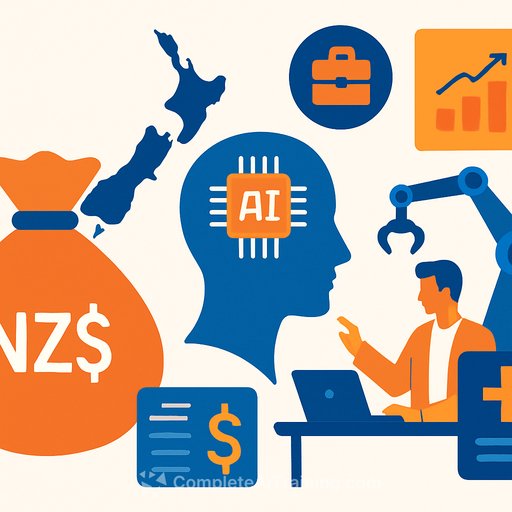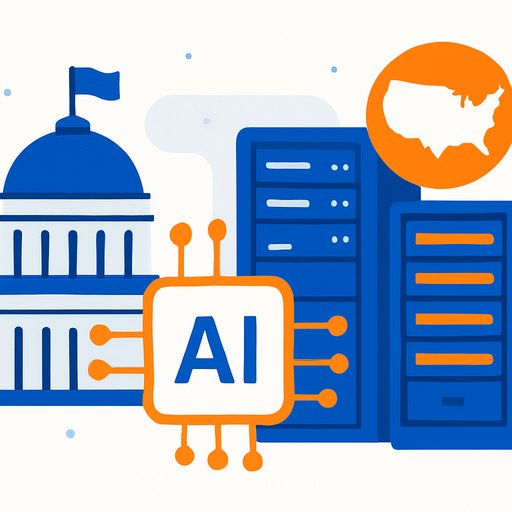Government commits $70 million to AI research to build national capability
Date: 18/09/2025
The Government will invest up to $70 million over seven years in artificial intelligence research through the New Zealand Institute for Advanced Technology. The goal is clear: build local capability, speed up commercialisation, and create high-value jobs.
Science, Innovation and Technology Minister Shane Reti says AI is reshaping economies and New Zealand needs to move with intent. The funding will connect top researchers and businesses to deliver deployable solutions, not just prototypes.
Where impact will land first
Health and agriculture are already seeing traction. A partnership between the Auckland Bioengineering Institute and the Oden Institute at the University of Texas is developing real-time digital models of the human body to personalise treatment and cut costs.
Projected outcomes include $80-$160 million in annual public health savings, up to $32 million a year in reduced hospital costs, and up to $16 million in annual licensing revenue from digital twin tools. This is the type of work the new funding aims to scale.
What this means for government agencies
- Policy and regulation: Prepare for AI-enabled services in health, primary industries, and other regulated sectors. Update guidance on safety, data sharing, privacy, and IP from day one.
- Procurement: Streamline pilots with clear evaluation criteria (accuracy, bias, security, cost-to-serve). Use outcome-based contracts to move from pilots to production.
- Data foundations: Prioritise high-value datasets and interoperability. Establish audit trails for models using public data.
- Workforce: Target skills in AI product management, data governance, MLOps, and vendor oversight. Build capability in-house while partnering with external experts.
- Impact measurement: Track benefits using clear baselines: cost per case, throughput, wait times, emissions, and citizen satisfaction.
How the investment will be used
- Capability building: Connect researchers with industry to move research into deployable tools.
- Commercial pathways: Support licensing, spinouts, and public-private pilots.
- National priorities: Focus on precision health, agri-tech, and data-driven public services.
Governance and leadership
The Prime Minister's Science, Innovation and Technology Council recommended the investment and has appointed Grant Wright, an expert in digital transformation and product innovation, as a new member. The Council's focus is a resilient, globally competitive science and technology ecosystem that delivers practical outcomes.
Immediate next steps for public sector leaders
- Identify two to three high-impact AI use cases per agency with clear KPIs and risk profiles.
- Stand up a cross-functional review group (policy, legal, data, security, clinical/operational) to fast-track pilots.
- Create a shared repository of model audits, procurement templates, and lessons learned across agencies.
- Engage early with the Institute on opportunities to co-fund or co-design pilots tied to public outcomes.
AI is moving from research to real services. With targeted investment and disciplined execution, agencies can deliver measurable gains in cost, access, and quality-while building sovereign capability that lasts.
Need structured upskilling by role to support delivery? Explore practical learning paths: AI courses by job.
Your membership also unlocks:





